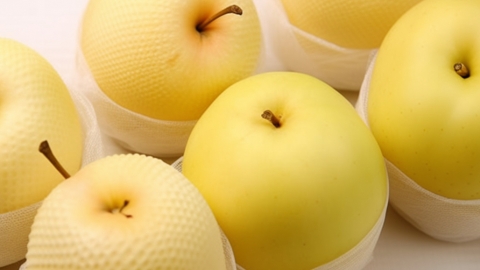Can I eat pears during my menstrual period?
Generally speaking, whether pears can be consumed during menstruation depends on one's body constitution. Those with cold deficiency in the spleen and stomach or significant dysmenorrhea are not advised to eat pears, while those with balanced constitutions may consume small amounts. If in doubt, it is recommended to consult a healthcare professional in advance. Detailed explanation is as follows:

If you have a cold constitution affecting the spleen and stomach, often experiencing symptoms such as abdominal pain, diarrhea, cold hands and feet during menstruation, pears—which have a cooling nature—may exacerbate internal coldness, potentially worsening dysmenorrhea or causing abnormal menstrual flow. In such cases, pears should be avoided, especially chilled pears.
If your constitution is balanced and you experience no significant discomfort during menstruation, with regular menstrual flow and cycle, you may eat a small amount of pears at room temperature. Pears are rich in water and vitamins, helping replenish nutrients lost during menstruation and relieve dryness. However, intake should be controlled—eating too much at once should be avoided, and pears should not be consumed on an empty stomach to minimize gastrointestinal irritation.
Diet during menstruation should be adjusted according to individual response. If discomfort occurs after eating pears, consumption should be stopped immediately. Warm, easily digestible foods are preferred, and raw, cold, or cooling foods should be avoided. If dysmenorrhea is severe or menstrual symptoms are abnormal, prompt medical consultation is advised to identify the cause and receive appropriate treatment and regulation.








